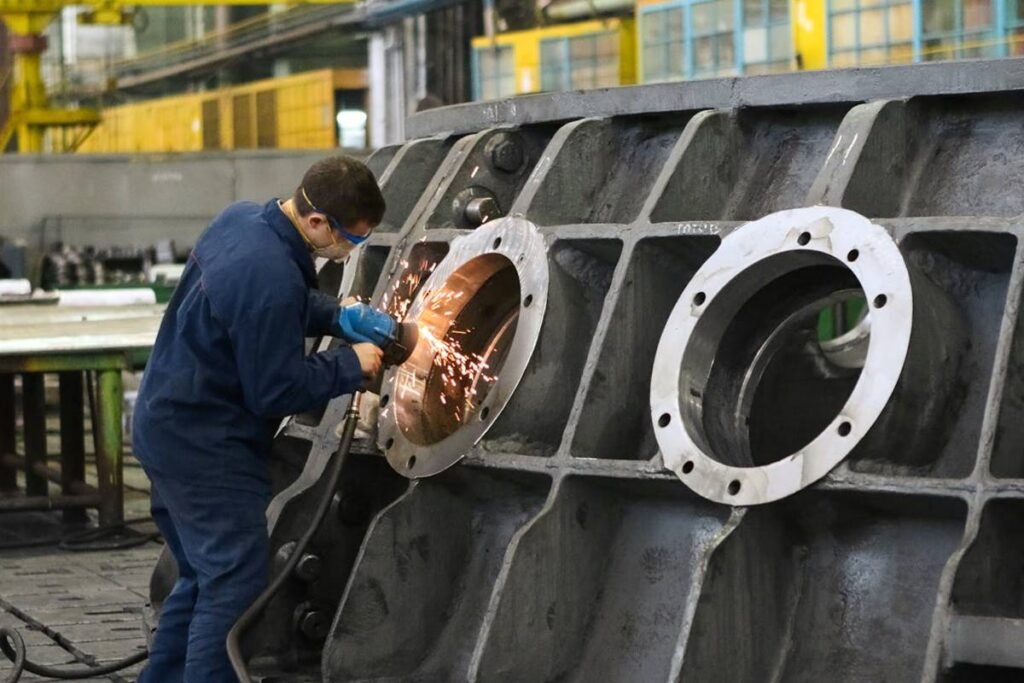Average hourly labour costs in the whole economy were estimated at EUR 33.5 in the EU and EUR 37.3 in the euro area, as compared with EUR 31.9 and EUR 35.7 respectively in 2023.

The estimates come from data on labour costs levels published by Eurostat, the EU’s statistics agency.
The lowest hourly labour costs were in Bulgaria, while the highest were in Luxembourg. The average hourly labour costs show significant gaps between EU countries, with the lowest hourly labour costs recorded in Bulgaria (€10.6), Romania (€12.5) and Hungary (€14.1) while the highest in Luxembourg (€55.2), Denmark (€50.1) and Belgium (€48.2).
Average hourly labour costs in industry were €33.9 in the EU and €39.8 in the euro area. In construction, they were €30.0 and €33.4, respectively. In services, hourly labour costs varied between €33.3 in the EU and €36.4 in the euro area. In the mainly non-business economy (excluding public administration) they were €34.2 and €37.5, respectively.
The two main components of labour costs are wages and salaries and non-wage costs (e.g. employers’ social contributions). The share of non-wage costs in total labour costs for the whole economy was 24.7% in the EU and 25.5% in the euro area. The lowest shares of non-wage costs in the EU were recorded in Romania (4.8%), Lithuania (5.4%) and Malta (5.8%) and the highest in France (32.2%) and Sweden (31.6%).
Hourly labour costs, 2024 (interactive map, Eurostat)
In 2024, compared with 2023, hourly labour costs at whole economy level expressed in € rose by 5.0% in the EU and by 4.5% in the euro area.
Within the euro area, hourly labour costs increased in all countries. The largest increases were recorded in Croatia (+14.2%), Latvia (+12.1%) and Lithuania (+10.8%) and the lowest in Czechia (+1.3%) followed by Finland (+1.8%) and Luxembourg (+2.1%).
For EU countries outside the euro area, the hourly labour costs expressed in national currency increased in 2024 in all countries, with the largest increases recorded in Romania (+14.2%), Bulgaria (+13.9%), Hungary (+13.6%) and Poland (+12.8%). They increased the least in Sweden (+3.6%).
Statistics Explained article on hourly labour costs, Eurostat